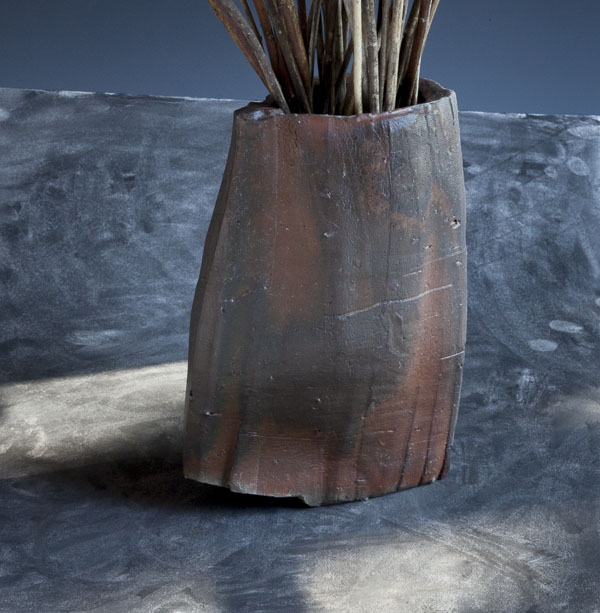I have been working on lists of my parents' belongings and what goes to whom. I look at photos and remember stories. I talk with and write my brothers to find answers and come to decisions. I wrote in my journal this morning. I made drawings in the early gray-snow light and walked the dog at sunset. Life is all these things plus cooking dinner, paying bills and doing the laundry. I write all these parts down and they seem so mundane and disparate that all I can think of is delete or erase.
I spoke with my college housemate last night about what we learned from our parents and siblings. Our lives are so much an appropriation of what came before, our gestures are versions of our parents. Our needs and desires, our questions and our stories, our days are constant rough drafts. One page at a time we write the book that remembers itself.
 "...life is much, much more than is necessary, and much, much more than any of us can bear, so we erase it or it erases us, we ourselves are an erasure of everything we have forgotten or don't know or haven't experienced, and on our deathbed, even that limited and erased "whole" becomes further diminished, if you are lucky you will remember the one word water, all others having been erased; if you are lucky you will remember one place or one person, but no one will ever, ever read on their deathbed, the whole text, intact and in order.
"...life is much, much more than is necessary, and much, much more than any of us can bear, so we erase it or it erases us, we ourselves are an erasure of everything we have forgotten or don't know or haven't experienced, and on our deathbed, even that limited and erased "whole" becomes further diminished, if you are lucky you will remember the one word water, all others having been erased; if you are lucky you will remember one place or one person, but no one will ever, ever read on their deathbed, the whole text, intact and in order.
First your life is erased, then you are erased. Don't tell me that erasure is beside the point, an artsy fragment of the healthy whole. If it is an appropriation, it is an appropriation of every life that has preceded your own, just as those in the future will appropriate yours; they will appropriate your very needs, your desires, your gestures, your questions, and your words.
Or so I believe. And I am glad. What is the alternative? A blank page.
I am all the book remembers of itself."
--
Mary Ruefle, "On Erasure"
I spoke with my college housemate last night about what we learned from our parents and siblings. Our lives are so much an appropriation of what came before, our gestures are versions of our parents. Our needs and desires, our questions and our stories, our days are constant rough drafts. One page at a time we write the book that remembers itself.
 "...life is much, much more than is necessary, and much, much more than any of us can bear, so we erase it or it erases us, we ourselves are an erasure of everything we have forgotten or don't know or haven't experienced, and on our deathbed, even that limited and erased "whole" becomes further diminished, if you are lucky you will remember the one word water, all others having been erased; if you are lucky you will remember one place or one person, but no one will ever, ever read on their deathbed, the whole text, intact and in order.
"...life is much, much more than is necessary, and much, much more than any of us can bear, so we erase it or it erases us, we ourselves are an erasure of everything we have forgotten or don't know or haven't experienced, and on our deathbed, even that limited and erased "whole" becomes further diminished, if you are lucky you will remember the one word water, all others having been erased; if you are lucky you will remember one place or one person, but no one will ever, ever read on their deathbed, the whole text, intact and in order.First your life is erased, then you are erased. Don't tell me that erasure is beside the point, an artsy fragment of the healthy whole. If it is an appropriation, it is an appropriation of every life that has preceded your own, just as those in the future will appropriate yours; they will appropriate your very needs, your desires, your gestures, your questions, and your words.
Or so I believe. And I am glad. What is the alternative? A blank page.
I am all the book remembers of itself."
--
Mary Ruefle, "On Erasure"
Leave a comment